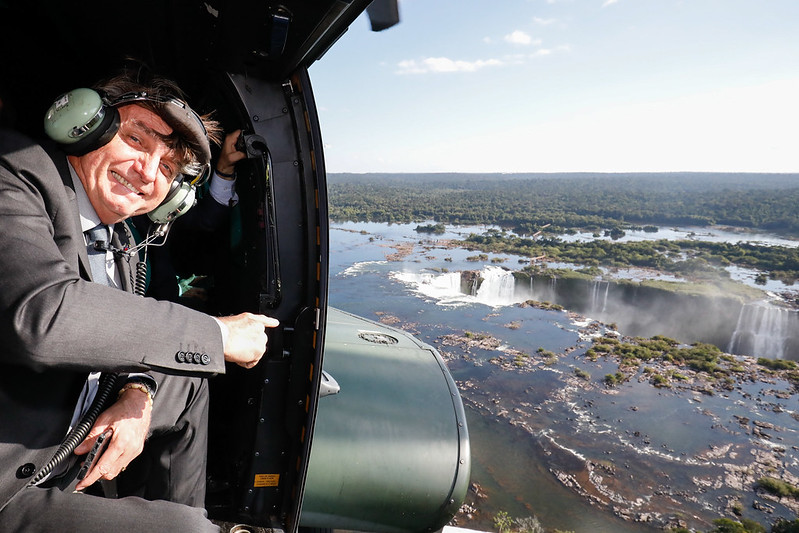The most severe drought in 91 years has pushed Brazil’s primarily hydroelectric energy system to its limit. Reservoirs are at their lowest levels since 2001, putting the country on the precipice of its third electricity crisis in two decades.
Investors and consultancy firms had been monitoring the situation but were taken aback when House Speaker Arthur Lira — a government ally — said last month that the administration could begin rationing electricity. He quickly amended the statement, but it was too late: the looming energy crisis dominated newspaper headlines and economic discussions in Brazil.
A week later, the Mines and Energy Minister addressed the nation to deny the risk of energy rationing. Bento Albuquerque admitted the severity of the current drought but assured that Brazil’s energy matrix is much more reliable than decades ago, claiming non-hydroelectric sources can provide up to 40 percent of total production. Even so, he urged citizens to save electricity and said the government will convince companies to voluntarily alter their working hours to avoid consuming electricity at peak times.
However, pressure to reduce consumption is already underway, and it goes beyond televised pleas to individuals and companies.
The government raised electricity tariffs by up to 52 percent on top of already increasing energy bills. Brazil’s overall 12-month inflation sits at 8.35 percent, pushed upward by utility bills, which were 14.32 percent more expensive in June compared to one year ago.
How bad is Brazil’s energy outlook?
At the end of May, the Southeast/Center-West reservoir system — responsible for 70 percent of the country’s hydroelectric power supply — was at 32 percent capacity, the lowest level for this time of year since 2001.
Analysts pay close attention to the risk of rationing or blackouts during peak hours. Consultancy firm PSR estimates a 29-percent chance that Brazil will be forced to forcibly ration electricity this year, but the risk could fall to less than 3 percent if the government is successful in its mitigation measures.
The biggest question mark, however, concerns 2022.
Next year’s energy situation depends...


 Search
Search






































